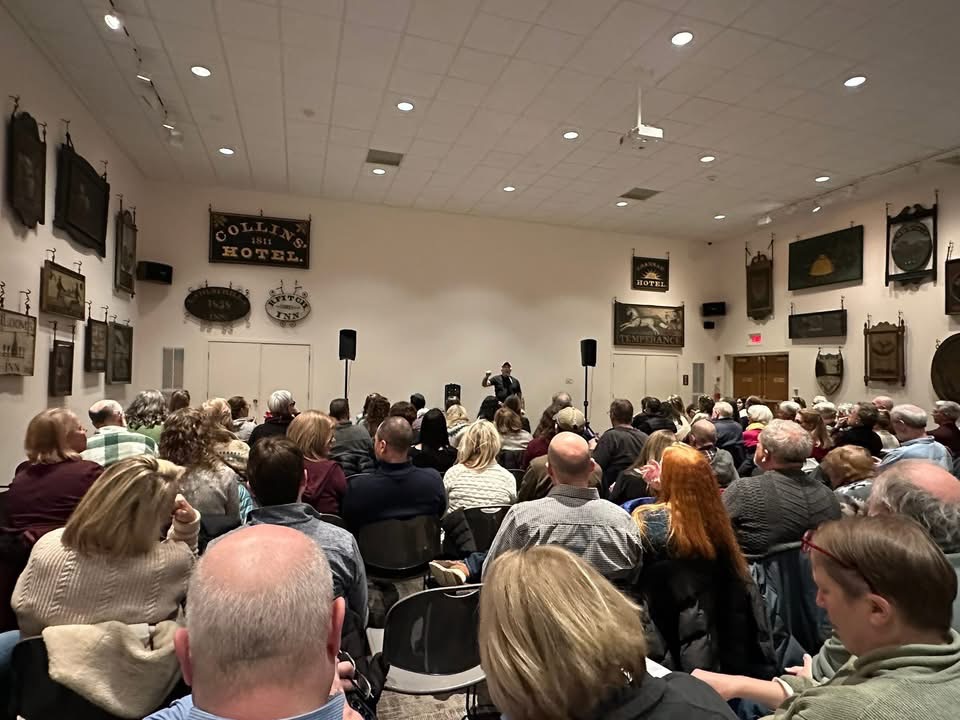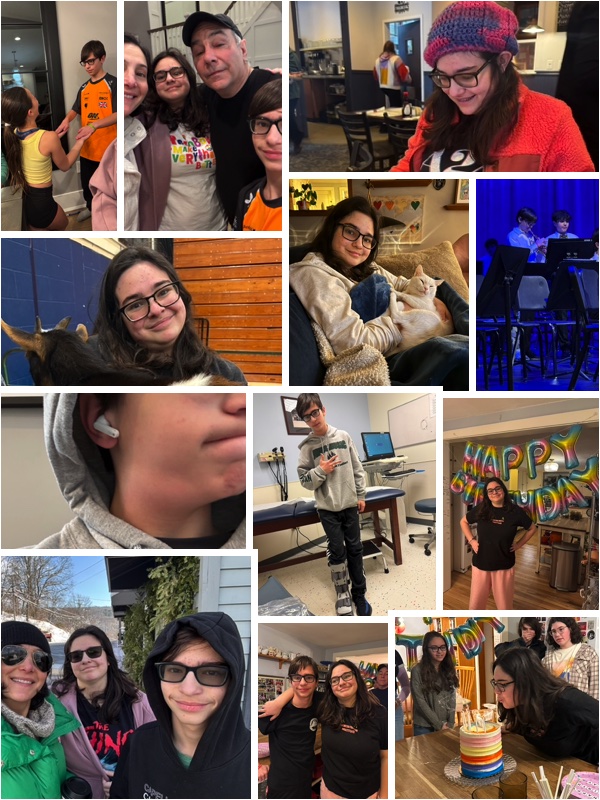When I teach storytelling, and especially when I teach about finding stories in your life, I’m often told by students that what I’m really teaching is mindfulness.

When I hear that word, I want to toss the person right out of my workshop. I push back immediately, rejecting any application of that word to what I do.
The last thing I want is for someone to accuse me of teaching mindfulness, for two reasons:
- I believe in simplicity. Easily defined, simple-to-apply strategies that offer immediate results. I break the art and craft of storytelling down into small parts and then teach those small parts in such a way that my students can begin using them almost immediately. Mindfulness is not an easy-to-define, simple-to-apply strategy. It does not produce instantaneous results. It’s a large, amorphous umbrella that means different things to different people. It’s a philosophy of change, and I don’t like philosophy in these circumstances. Philosophy is too big. Too easily misunderstood or disregarded. Too difficult to quantify results.
I like small. Simple. Bite sized learning that I can model and teach easily and can be reproduced in my students flawlessly.
- Labeling my instruction as mindfulness (or “a form of mindfulness”) is dangerous to my business. Say “mindfulness” and about half the people take a step forward, intrigued about what you have to say, but the other half head for the hills, and for good reason. While I don’t discount the value and potential benefits of mindfulness, too many people have turned this philosophy into something unpalatable and bizarre to enormous swaths of people.
Mindfulness is kooky. Weird. Mumbo-jumbo. Touchy-feely.
Don’t believe me?
The New York Times published a piece last week on the mindful cleaning of the bathroom.
“With the practice of mindful cleaning, you can transform this once boring activity into a nourishing and enjoyable moment to yourself.”
This is not a joke. Here is what Matt Valentine, who runs Buddhaimonia.com, has to say about mindful bathroom cleaning:
“Once you’ve selected your cleaning tool, take a moment to notice it with your various senses. Feel the soft texture of the sponge or hardness of the mop grip.
As you begin to clean, remind yourself that you’re cleaning to clean. You’re not chasing a result, a “clean bathroom.” Give your full presence to the act of cleaning.
Start by noticing the body. Notice as you raise your arms, move your hands, bend or step. Notice your breath as your chest rises up and down.
Now place your focus on the repetitive motion of wiping with the sponge or mopping the floor. Maintain your focus on each circular, left-to-right or up-and-down motion.
You can choose to match the cleaning motion of your hands with the rhythm of your breath. As you breathe in, wipe twice. As you breathe out, wipe three times. This helps further sync your attention with the physical activity of cleaning.
If we can be mindful while cleaning the bathroom, we can be mindful during any moment throughout our daily lives.”
I don’t want any part of this. While I hope that Valentine’s suggestions help people in their pursuit of mindfulness in all aspects of their lives, I find advice like this kooky. Bizarre. Ridiculous. A waste of time.
I don’t want anyone to think that what I teach has anything to do with what Matt Valentine teaches.
No thank you.
I don’t teach mindfulness. I teach storytelling. Public speaking. Along the way, you may learn something about yourself. You may begin to see yourself and your life in an entirely new light. You may start to see connections between moments in your life that you never knew existed. You may come to understand your past in a way you never imagined.
But all of this will come easily defined, simple-to-apply strategies that offer immediate results.






